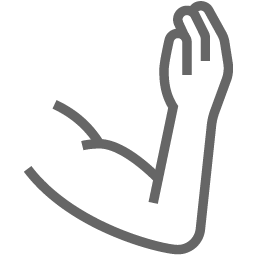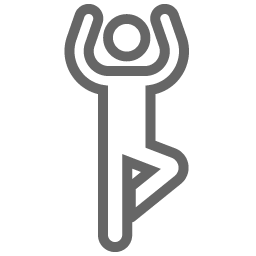Lymphoedema – Risk minimisation #2
When informing patients with breast cancer about the risk of developing lymphoedema or breast or chest wall oedema, advise them of the importance of using the treated arm in daily activities and of regular participation in physical activities and maintenance of a healthy weight to minimise the risk of lymphoedema/oedema.
When informing people with breast cancer about the risk of developing lymphoedema, advise them that: they do not need to restrict their physical activity
Conditional 1
How this guidance was developed
This recommendation was adapted from the NICE 2018 guidelines (UK). The source recommendation was based on a systematic review of the evidence conducted to September 2017 and used wording (‘Advise’) indicative of a strong recommendation (using GRADE methods) by the source guideline authors. The NICE Committee noted good evidence showing no increased risk of lymphoedema associated with maintaining exercise levels after axillary intervention. The source recommendation was simplified by adding ‘breast/chest wall oedema’ and the tone of the source recommendation was changed by replacing the double-negative phrase ‘do not need to restrict their physical activity’. The maintenance of a healthy weight was also included.
Lymphoedema – Risk minimisation #2
When informing patients with breast cancer about the risk of developing lymphoedema or breast or chest wall oedema, advise them of the importance of using the treated arm in daily activities and of regular participation in physical activities and maintenance of a healthy weight to minimise the risk of lymphoedema/oedema.
This recommendation was adapted from the NICE 2018 guidelines (UK). The source recommendation was based on a systematic review of the evidence conducted to September 2017 and used wording (‘Advise’) indicative of a strong recommendation (using GRADE methods) by the source guideline authors. The NICE Committee noted good evidence showing no increased risk of lymphoedema associated with maintaining exercise levels after axillary intervention. The source recommendation was simplified by adding ‘breast/chest wall oedema’ and the tone of the source recommendation was changed by replacing the double-negative phrase ‘do not need to restrict their physical activity’. The maintenance of a healthy weight was also included.


